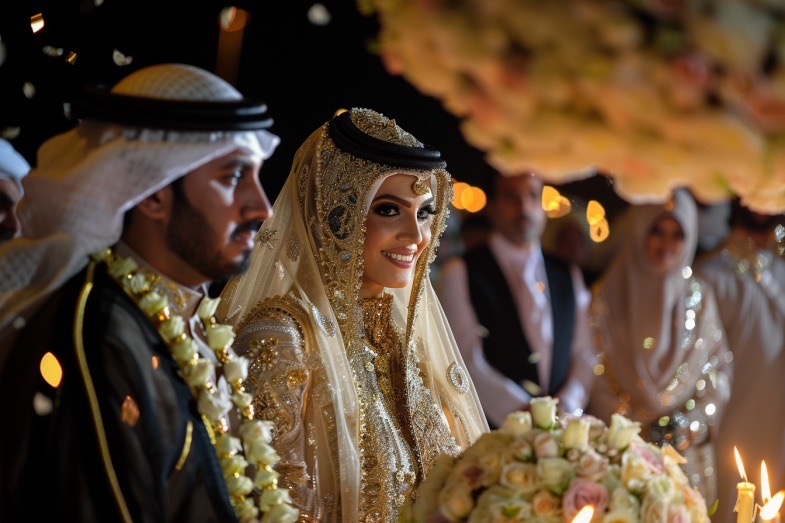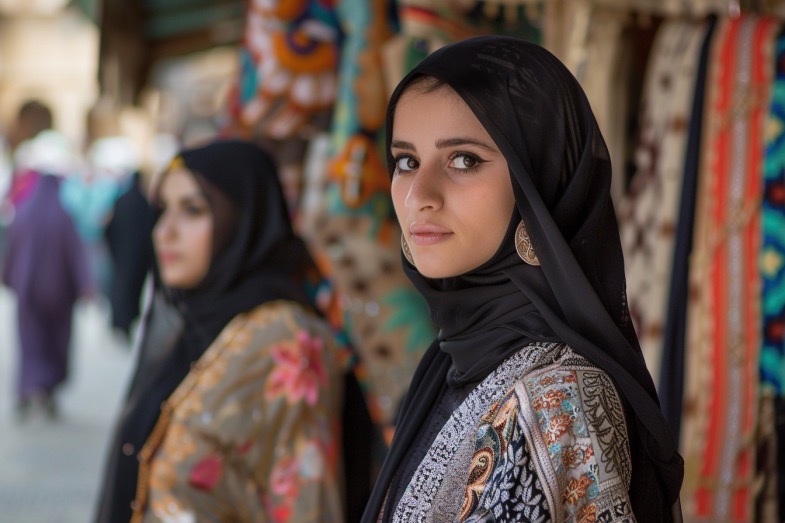Modi’s Quest for a Historic Third Term
NEW DELHI — Indian Prime Minister Narendra Modi is on a mission to secure a historic third consecutive term in the upcoming general elections set for April and May.
A recent nationwide poll conducted by India Today magazine in August revealed that Modi’s popularity remains strong after a decade in power, with over half of the respondents expressing their support for his continued leadership in India.
If successful, Modi, at the age of 73, will match the three-term record set by Jawaharlal Nehru, India’s first prime minister.
Under Modi’s leadership, the Bharatiya Janata Party (BJP) has achieved clear majorities, a feat not seen since the 1984 elections dominated by the Congress party. Modi has emerged as a charismatic leader with broad appeal across India, reminiscent of the late Indira Gandhi.
Modi’s tenure has been defined by his promotion of muscular Hindu nationalism both domestically and on the global stage. His electoral successes have been attributed to a combination of charisma, effective governance, religious polarization, and assertive Hindu nationalist policies, alongside various welfare programs.
In January, Modi inaugurated a grand temple dedicated to Hindu god Ram in Ayodhya, signaling the unofficial start of his campaign for a third term. This move was strategically timed to capitalize on Hindu nationalist sentiments ahead of the elections.
Modi envisions India as being in the midst of a “golden age”, with the country’s economy among the fastest-growing globally. His government’s emphasis on infrastructure development has bolstered economic growth, although challenges such as unemployment, education, and pollution persist.
Internationally, Modi has positioned India as a “teacher to the world” and a voice for the Global South, garnering praise for his leadership during India’s presidency of the G20.
While Modi has strengthened ties with the US, tensions with China continue to pose challenges. Critics accuse Modi’s government of fueling religious intolerance, curtailing dissent, and targeting minorities and activists.
Despite facing criticism and challenges during his first term, Modi’s popularity remains strong among many Indians who view him as a transformative leader capable of addressing the country’s myriad issues.
Modi’s journey from a humble background to becoming India’s Prime Minister has been marked by both triumphs and controversies, shaping his image as a dynamic and efficient politician with a complex legacy.



